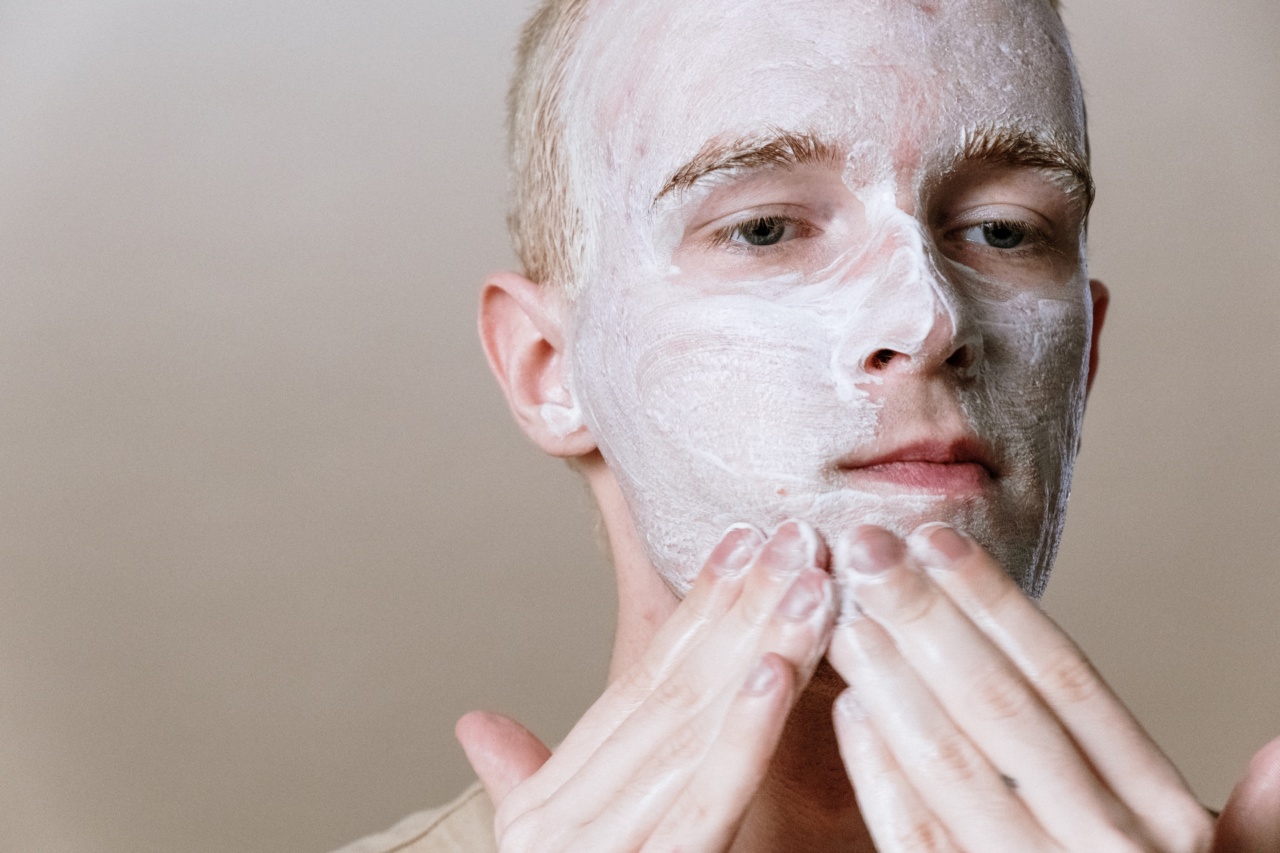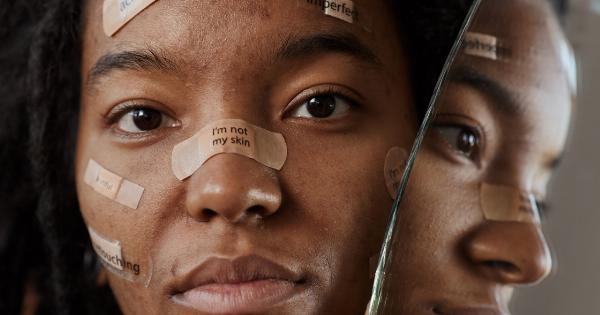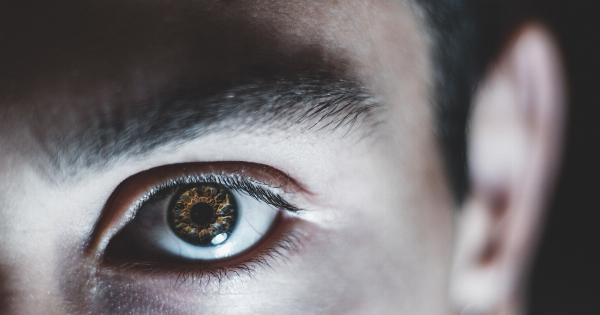Acne, a common skin condition that affects millions of people worldwide, can be a persistent and frustrating problem. It can lead to low self-esteem, social anxiety, and even depression.
While there are countless skincare products and treatments available in the market, finding the right approach for acne-free skin can be a daunting task.
The Search for Solutions
Many self-proclaimed “gurus” claim to have the secret to acne-free skin. With so many options and conflicting advice, it is crucial to separate the truth from the myths.
In this article, we will explore four gurus who have gained recognition for their approaches to combating acne. Let’s dive in and discover their strategies.
Guru 1: Dermatologist Dr. Brilliant
Dr. Brilliant is a renowned dermatologist who specializes in treating acne. His approach focuses on personalized skincare routines and medical interventions. Dr.
Brilliant emphasizes the importance of understanding your skin type and tailoring your skincare regimen accordingly. He advises against using harsh products that strip the skin of its natural oils, as they can cause more harm than good.
According to Dr. Brilliant, the cornerstone of successful acne treatment lies in a gentle cleansing routine, exfoliation to remove dead skin cells, and a targeted acne treatment.
He suggests using non-comedogenic products that won’t clog pores and avoiding excessive touching or picking of the skin.
Guru 2: Nutritionist Nancy
Nancy, a certified nutritionist, believes that acne is closely linked to diet and overall well-being. She emphasizes the importance of a balanced diet rich in fruits, vegetables, and whole grains.
Nancy encourages her clients to avoid processed foods, sugary drinks, and foods high in refined carbohydrates, as they can exacerbate acne.
Incorporating foods with anti-inflammatory properties, such as turmeric, green tea, and fatty fish, is also part of Nancy’s acne-free skin regimen.
She stresses the significance of staying adequately hydrated and suggests incorporating probiotics into one’s diet to promote a healthy gut.
Guru 3: Skincare Blogger Sarah
Sarah, a popular skincare blogger, shares her journey to acne-free skin with her followers. She focuses on a holistic approach that combines lifestyle choices, natural remedies, and carefully chosen skincare products.
Sarah recommends using gentle cleansers, toners, and moisturizers suitable for your specific skin type.
She advocates for the incorporation of natural remedies into one’s skincare routine, such as tea tree oil for spot treatment and aloe vera for soothing inflammation.
Sarah also emphasizes the importance of stress management techniques, like meditation and exercise, as stress can aggravate acne.
Guru 4: Traditional Chinese Medicine Practitioner Li
Li, a Traditional Chinese Medicine (TCM) practitioner, believes that acne is a result of internal imbalances in the body. He approaches acne treatment by focusing on the power of herbal remedies, acupuncture, and dietary adjustments.
According to Li, acne is often associated with heat and dampness in the body. He recommends herbs like dandelion root and burdock to detoxify and clear heat, while seeking acupuncture to rebalance the body’s energy flow.
Li also advises avoiding spicy and greasy foods, as they can contribute to the build-up of heat and dampness.
Conclusion
While acne can be a stubborn condition to tackle, these four “gurus” offer diverse perspectives and strategies to achieve acne-free skin.
Whether you choose to follow the guidance of a dermatologist, a nutritionist, a skincare blogger, or a TCM practitioner, it’s important to remember that there is no one-size-fits-all solution. Experimenting with different approaches and finding what works best for your unique skin is key.




























